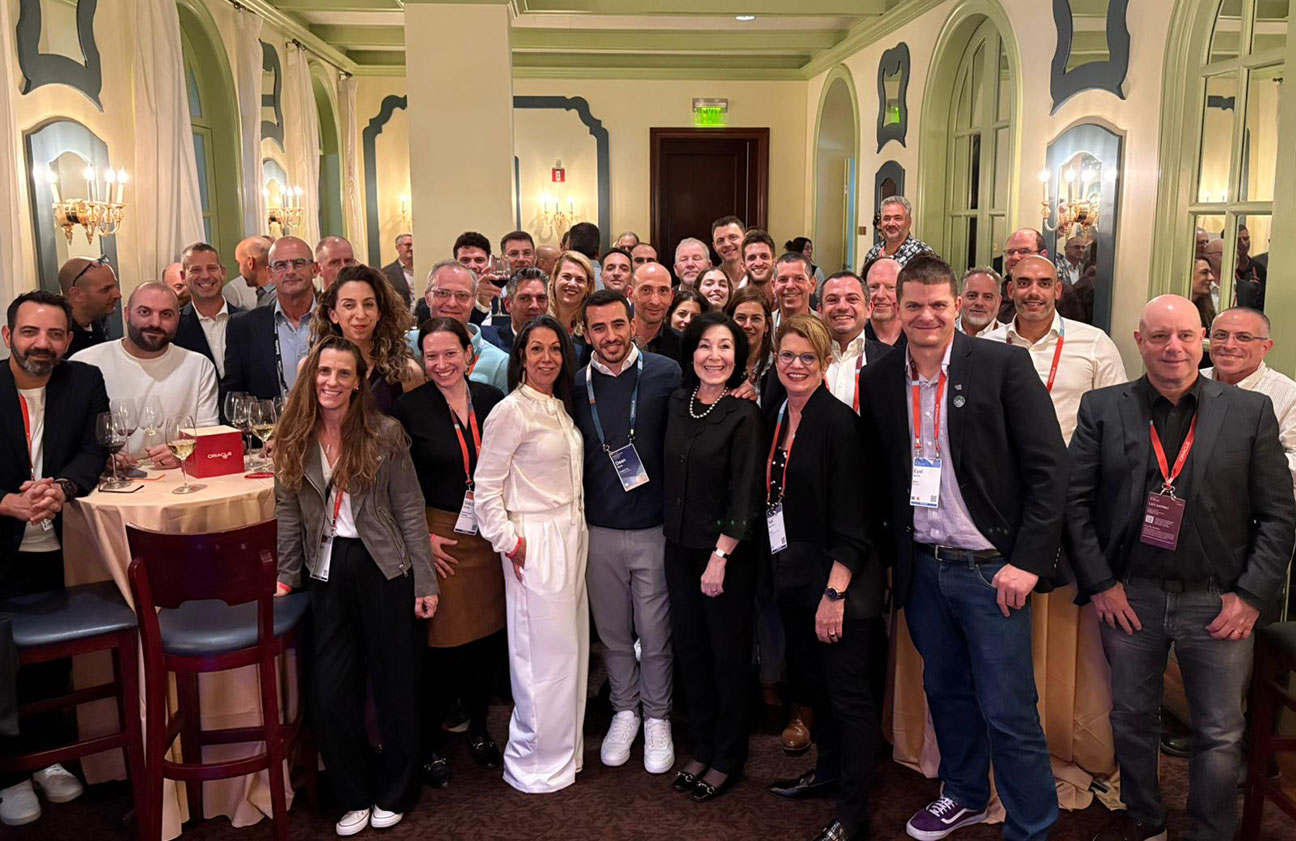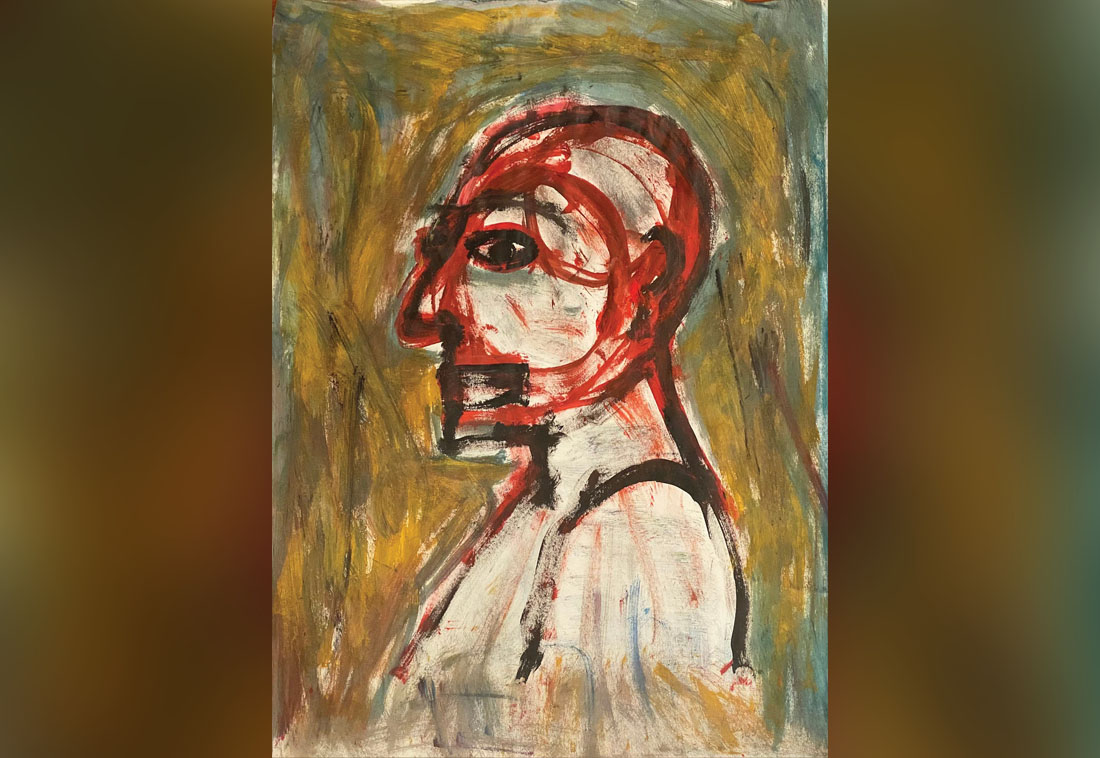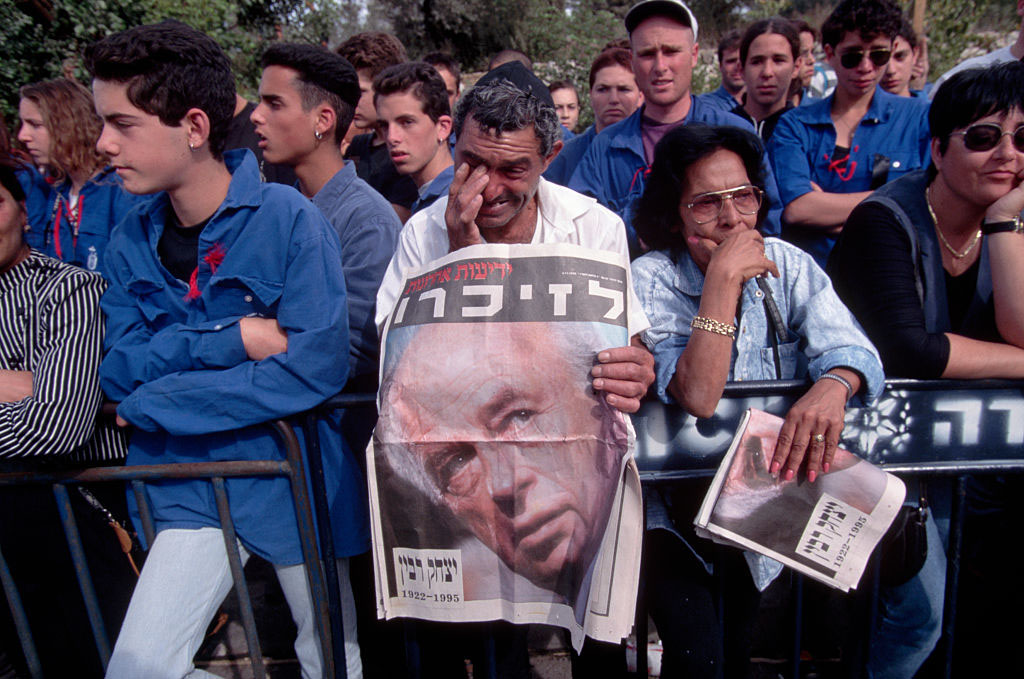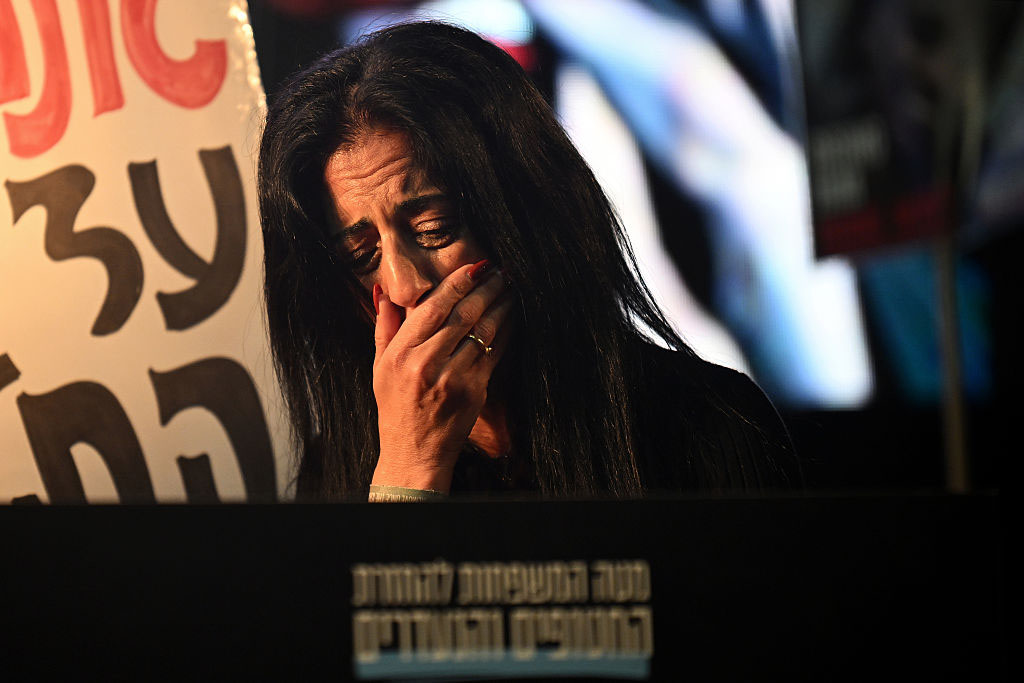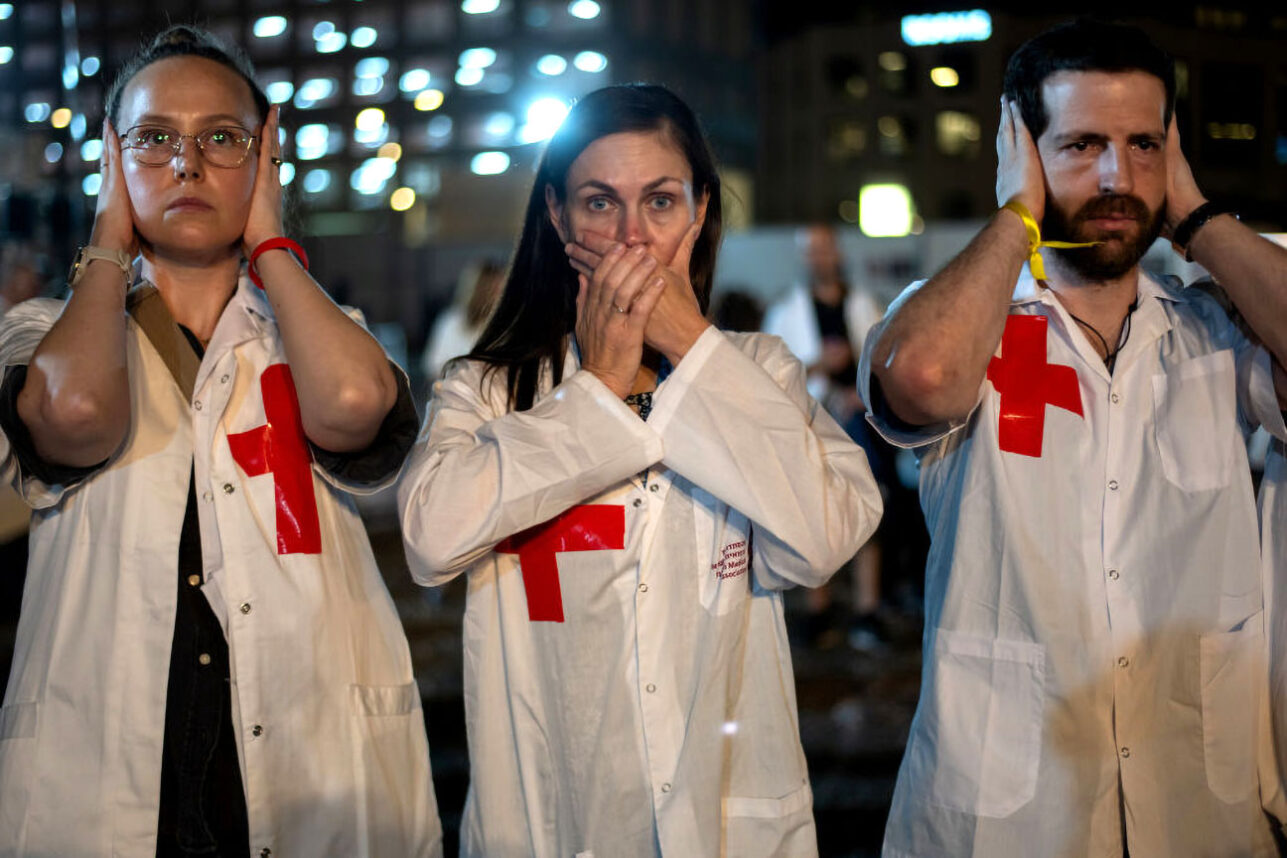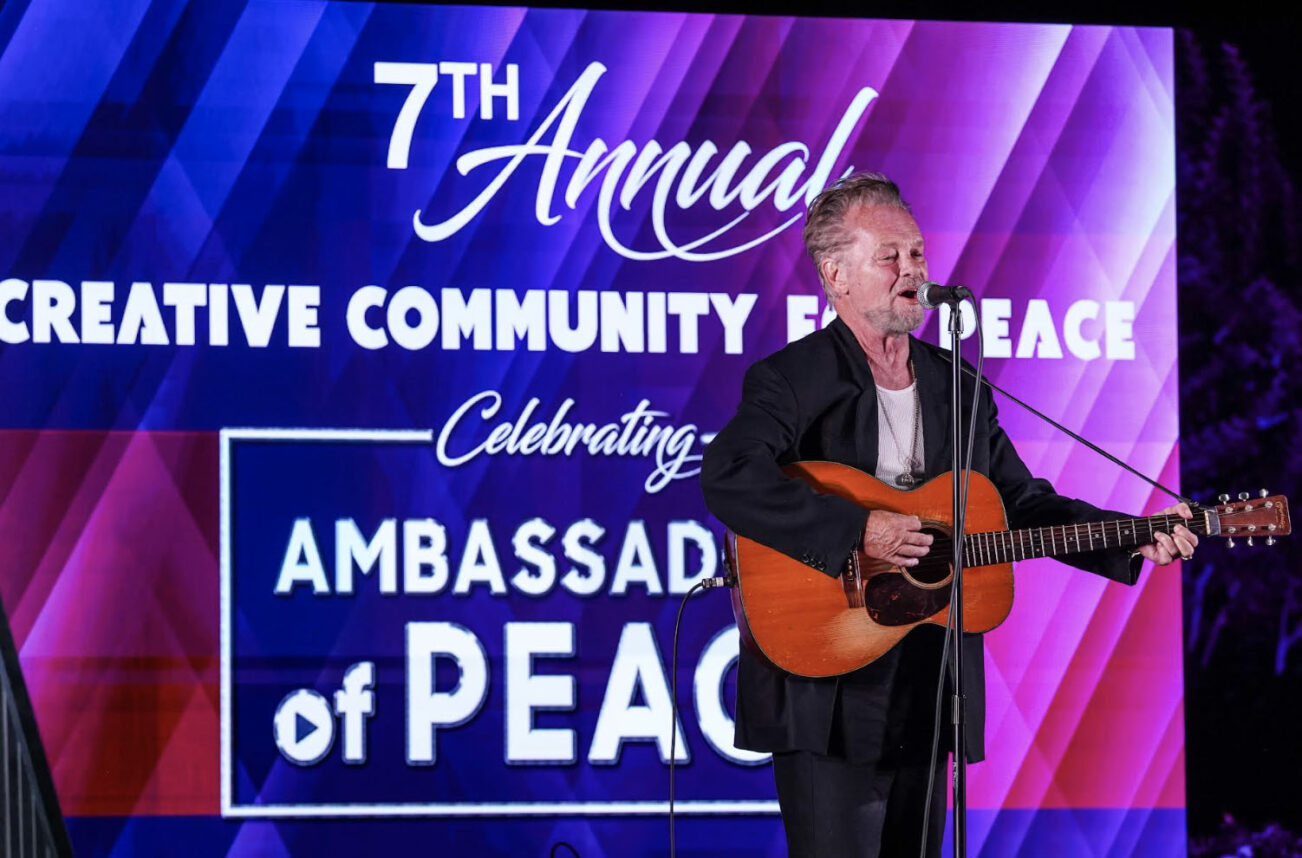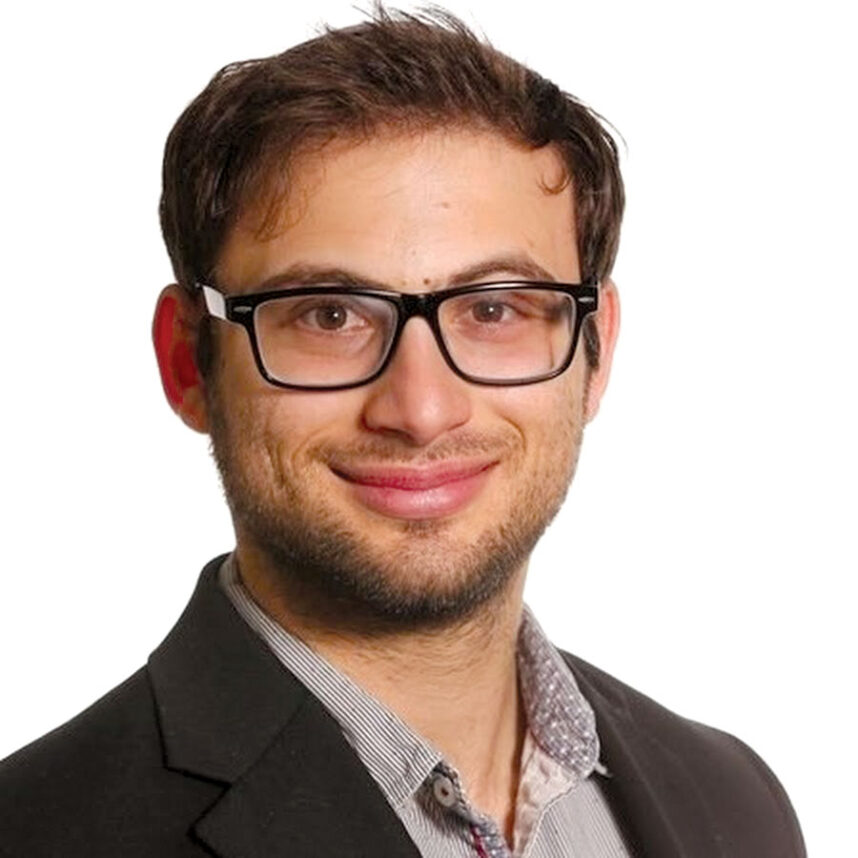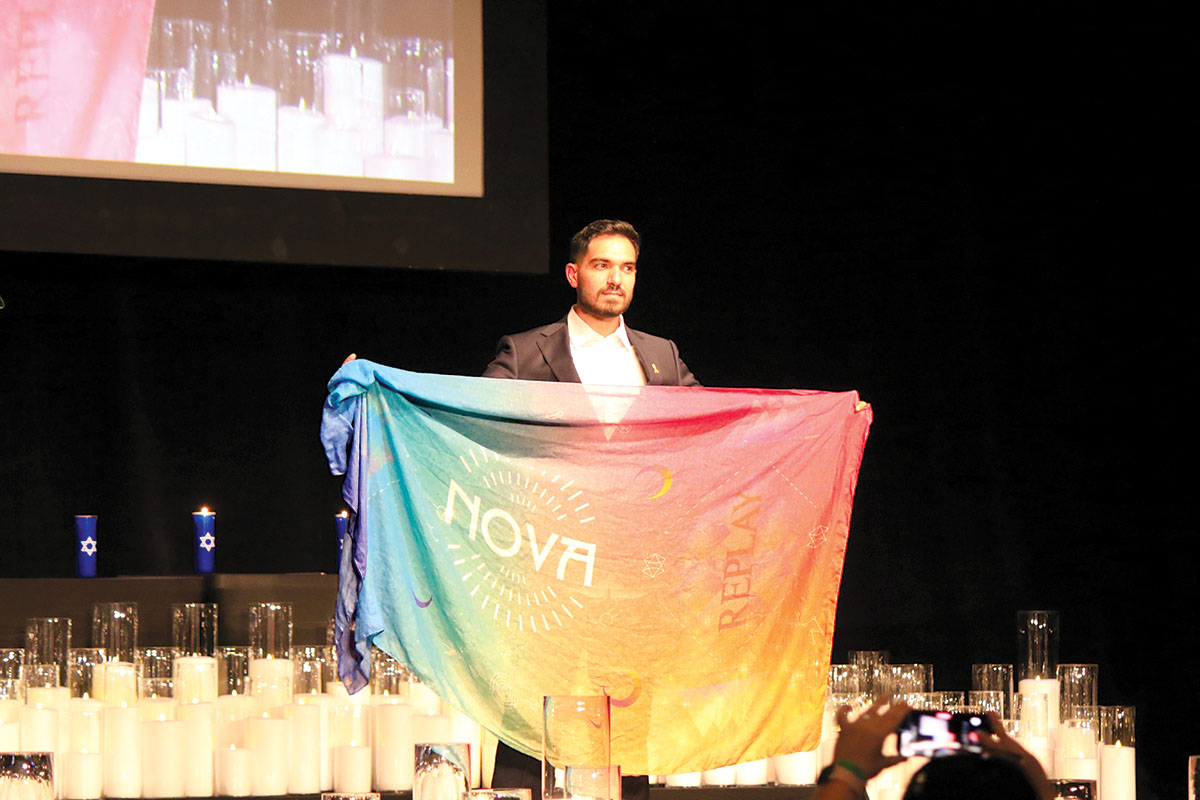As a gynecologic oncologist at Cedars-Sinai Medical Center in the late 1980s, Dr. Beth Karlan and her colleagues noticed that cancer seems to cluster in certain families. In 1991, they established the Gilda Radner Hereditary Cancer Program to investigate the role heredity plays in cancer.
A key discovery in 1994 shed light on the relationship between heredity and cancer: Mary-Claire King, a researcher at UC Berkeley, identified an alteration on a single gene that made people more susceptible to breast and ovarian cancers. King named the gene BRCA1, for breast cancer gene. Soon afterward, a second gene alteration associated with increased cancer risk was identified and given the name BRCA2.
Discovery of these genes constituted a “seismic change to the landscape of hereditary cancers,” said Karlan, now director of the Women’s Cancer Program at the Samuel Oschin Comprehensive Cancer Institute at Cedars. “[It gave us] an understanding and ability to focus on some of the ways these cancers are transmitted.”
To mark the 20-year anniversary of this discovery, the Women’s Cancer Program is hosting a symposium Sept. 13 exploring advances in screening, prevention and treatment of hereditary cancers. Presenters also will discuss some of the controversies around this issue, such as prophylactic measures for preventing cancer in individuals who have tested positive for a BRCA gene.
The symposium, titled “Advances in Care for the New Millennium,” will be held at the Sofitel Los Angeles at Beverly Hills. The first portion of the day is designed for physicians, geneticists, genetic counselors, nurses and other professionals whose work concerns BRCA-related cancers.
A free afternoon session, “Strategies for Managing Hereditary Cancer Risk,” begins at 4 p.m. and is open to the public, though registration is required. It is geared toward those with an interest in the topic, such as people who carry or are related to a carrier of a BRCA mutation, those with a strong family history of hereditary breast or ovarian cancer, those seeking strategies for lowering cancer risk and detecting it earlier, and women considering prophylactic measures to limit cancer risk.
BRCA gene mutations account for about 5 to 10 percent of all breast cancers and about 15 percent of all ovarian cancers. Ashkenazi Jews have a higher prevalence of BRCA1 and BRCA2 mutations than the population at large.
Speakers at both portions of the symposium include Karlan; Dr. Steven A. Narod, director of the Familial Breast Cancer Research Unit of Women’s College Research Institute in Toronto; Dr. Judy E. Garber, director of the Cancer Genetics and Prevention Center at the Dana-Farber Cancer Institute in Boston; and Dr. Sue Friedman, executive director of FORCE (Facing Our Risk of Cancer Empowered).
Karlan, who is Jewish, says that the BRCA gene mutation will not manifest the same way in everyone. Researchers hope to untangle the environmental and genetic factors that determine why some carriers develop cancer and others don’t, and why those who do may develop different types of cancer.
“There are also noncancer implications of BRCA genes,” Karlan told the Journal. “These mutations are present in every cell of the body.”
She urges women to know their family health history.
“You can inherit the BRCA gene mutation from your mother or your father,” Karlan said. “Find out what runs in your family and see if genetic testing is appropriate for you. It could end up saving your life.”
https://www.regonline.com/builder/site/Default.aspx?EventID=1519392
“Strategies for Managing Hereditary Cancer Risk,” takes place Sept. 13, from 4-5:30 p.m. at Sofitel Los Angeles at Beverly Hills. Registration is required. Contact Fay Shapiro at (310) 423-5800 or fay.shapiro@cshs.org. To register for the afternoon public session, contact Fay Shapiro at (310) 423-5800 or fay.shapiro@cshs.org.









